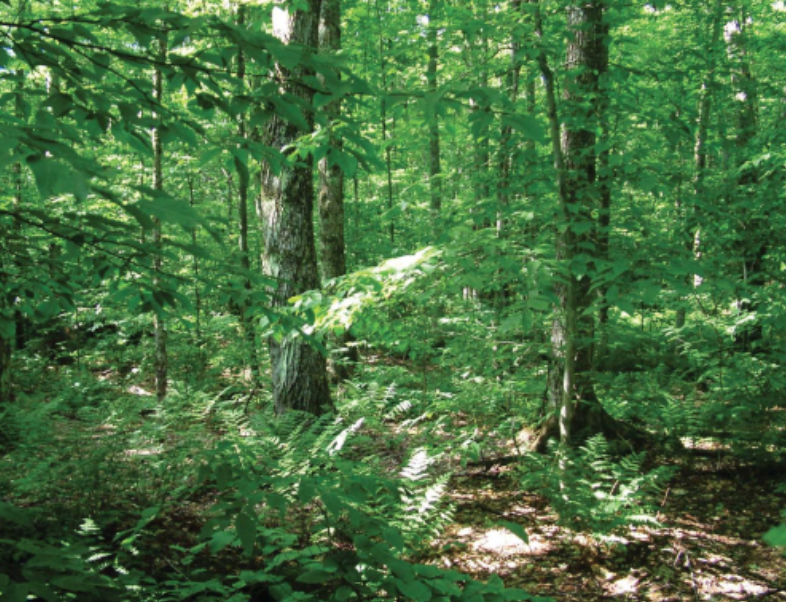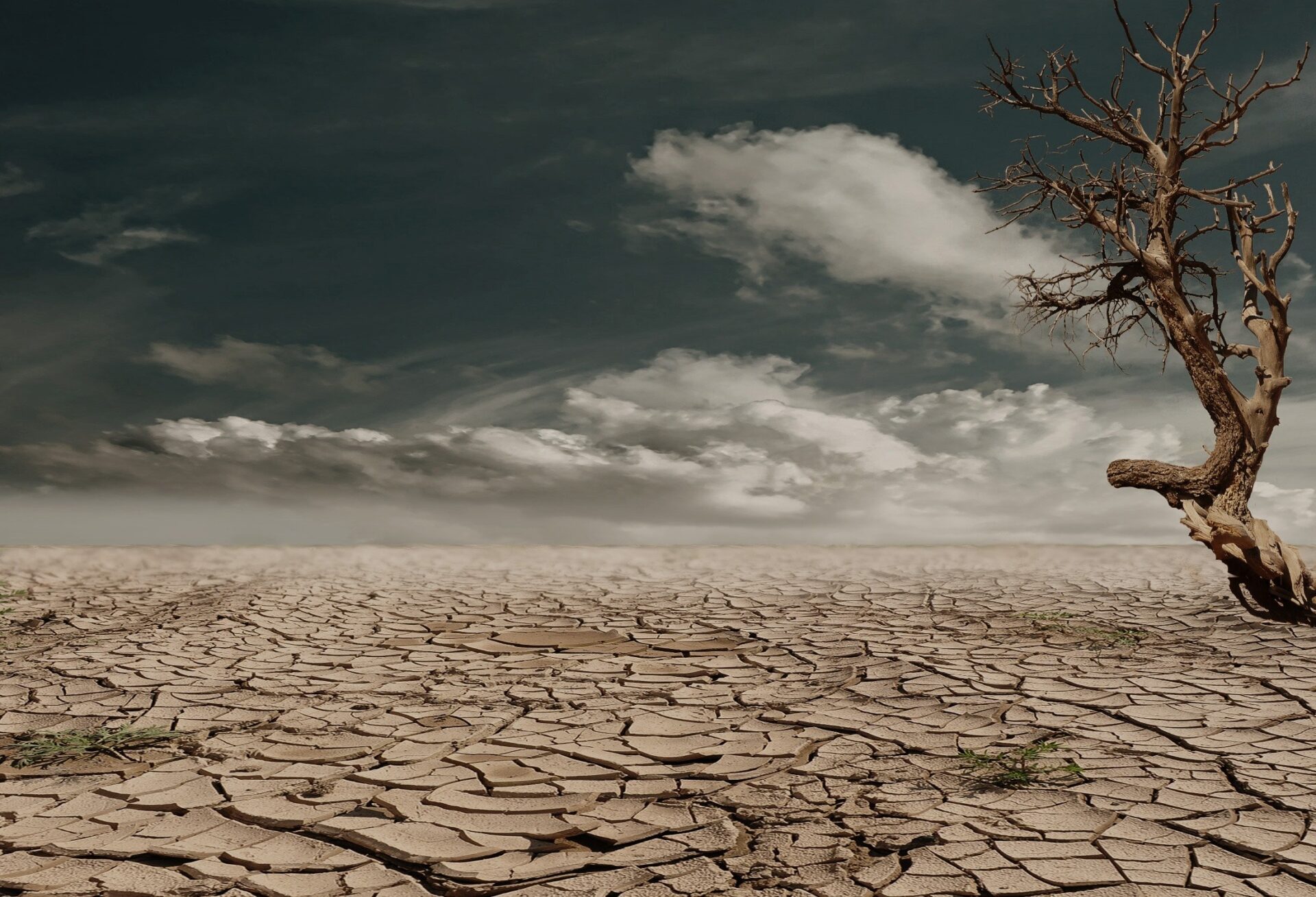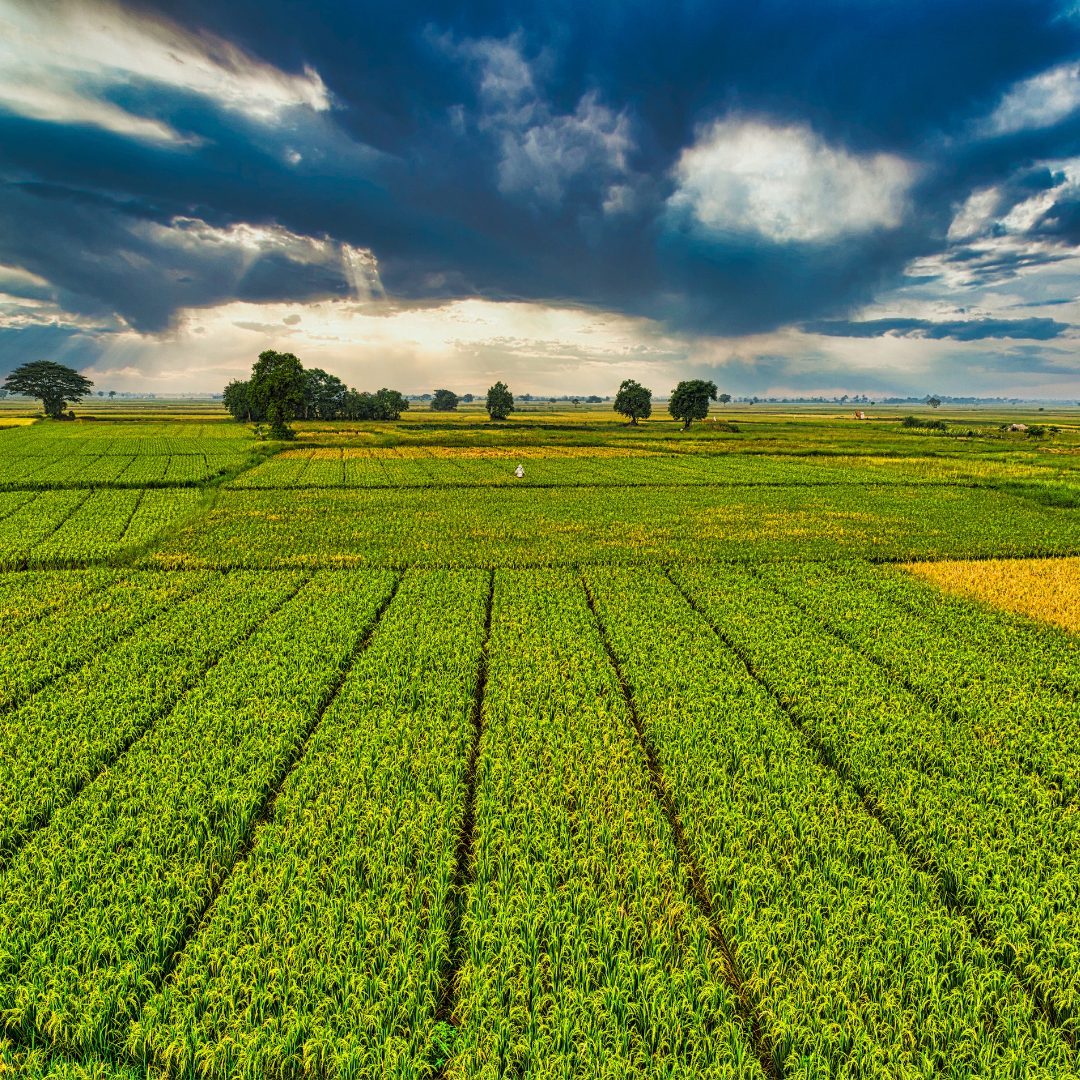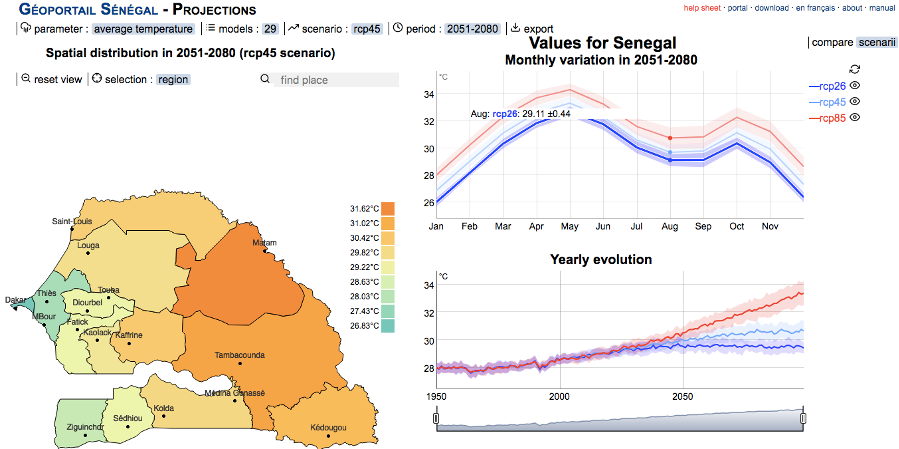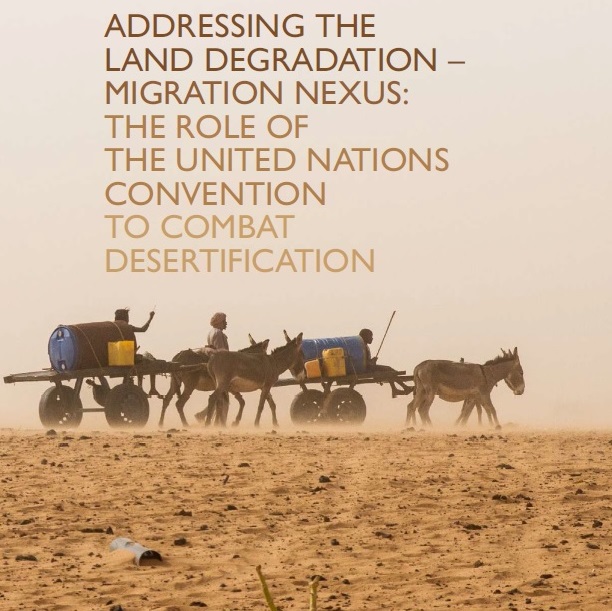Drought
Helping your Woodland Adapt to a Changing Climate
Your woods are always changing and adapting as they grow and mature, or regrow after agricultural abandonment, natural disturbances, or harvesting activities. Events like storms, droughts, insect and disease outbreaks, or other stressors can damage trees or slow their growth. A changing climate may make your woods more susceptible to the problems these events can cause.
Effects of Drought on Forests and Rangelands in the United States: A Comprehensive Science Synthesis
Scientists, forest managers, and environmental policymakers need to better understand the role of drought in outbreaks of forest insects and diseases in order to anticipate the future condition of U.S. forests and to consider actions to mitigate undesirable changes. Here the authors review evidence for a role of drought in outbreaks of, and tree damage by, herbivorous insects and fungal pathogens in forests of the United States.
Canada in a Changing Climate Regional Perspectives Report: Prairie Provinces
The Regional Perspectives Report, led by Natural Resources Canada, provides regional perspectives on how climate change is impacting our communities, environment and economy, and how we are adapting.
CLIMAP portal: online climate tool to support Senegalese agricultural planning
A new online climate tool, the CLIMAP portal, has been developed to help support agricultural planning in Senegal.
The Story of Water in Windhoek: A Narrative Approach to Interpreting a Transdisciplinary Process
The aim of the paper is to present a story about the 2015 to early 2017 Windhoek drought in the context of climate change while using the narrative approach.
Addressing the Land Degradation –Migration Nexus: the Role of the United Nations Convention to Combat Desertification
A review of existing evidence, good practices, and policy recommendations on the complex interrelationships between migration and desertification, land degradation and drought.
City government-research partnerships: Reflections from Cape Town and Johannesburg
This briefing note provides reflections on city government-research partnerships, from Cape Town and Johannesburg.
The Green Book: Adapting South African settlements to climate change
The Green Book is an online planning support tool that provides quantitative evidence on the likely impacts that climate change and urbanisation will have on South Africa’s cities and towns.

